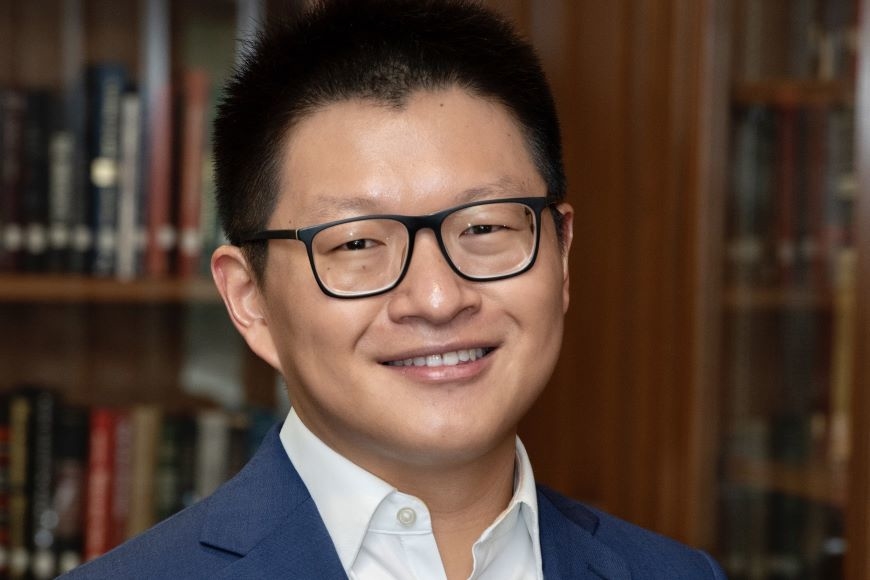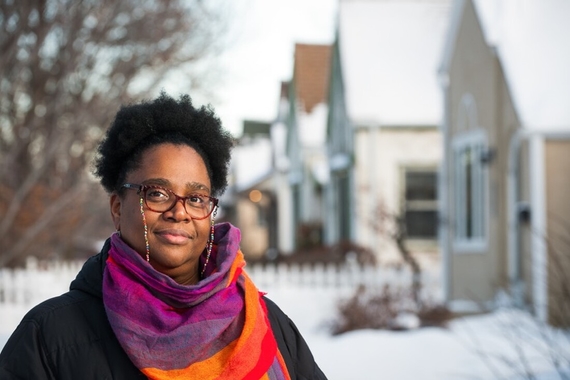Alvin Zhou: Computing to Understand Communication
Assistant Professor Alvin Zhou combines his strengths in a dynamic career as a computational social scientist and strategic communicator. Since arriving at the U of M, he has shared his knowledge with students to teach them to become “digital-savvy strategists” in a world that’s largely online.
What role do you have at the University of Minnesota? What brought you here?
I am an assistant professor at the Hubbard School of Journalism & Mass Communication. I recently finished my doctoral study at the University of Pennsylvania’s Annenberg School for Communication, and was honored to join Hubbard right after completing my PhD. I am currently affiliated with the Minnesota Computational Advertising Lab (MCAL), directed by Dr. Jisu Huh and Dr. Jaideep Srivastava, assisting them with some exciting research projects.
What are your areas of specialty?
My areas of specialty are computational social science and strategic communication. “Computational” refers to things like big data, social networks, and machine learning. “Strategic” refers to areas such as advertising, public relations, and organizational communication. In other words, I use data science with programming languages to study communication problems.
The majority of what we do in terms of human communication happens online these days, and those behavioral histories provide us a window through which researchers can investigate how we are connected to each other and how our communication and relationships with others affect our consequent behavior.
During the past few years, I have worked with a variety of social media data from platforms such as Facebook, Twitter, Instagram, Reddit, and YouTube. Now, I am diving into some even more computationally heavy areas, such as digital trace data, web archives, and simulations.
How did you become interested in what you study and teach?
Growing up, I was interested in both math and science and public speaking, so I double-majored in mechanical engineering and journalism during college and worked in both manufacturing factories and public relations firms. I could not figure out how to combine my strengths in these two seemingly unrelated areas until I learned about the emerging area of study called “computational social science” when I was doing my master's at the University of Southern California in Los Angeles.
Since then, I have been honing my data science skills while learning social science theories. I completed a master's in statistics at the Wharton School along the way, which exposed me to advanced statistics and causal inference and showed me how social science research could inform public policies to impact industries and everyday citizens’ day-to-day lives.
What courses are you currently teaching?
I am teaching JOUR 3275 Digital Strategy in Strategic Communication this semester. It’s a skill-based class that trains students to become digital-savvy strategists for advertising and public relations campaigns. Last class, I demoed how to set up social media ads on Facebook and Instagram Stories and how different settings would change ad-bidding outcomes. It was quite fun!
What are you most excited about right now?
I am most excited about collaborations with my MCAL teammates. They are super smart, driven, and resourceful, and it has been a great pleasure learning from these rising stars. We have some very promising research projects going on, and I can’t wait to see how they turn out.
I am also excited—while nervous at the same time—about the winter. It’s my first year in Minnesota, and I am looking forward to trying some winter sports that my local friends have been talking about.



